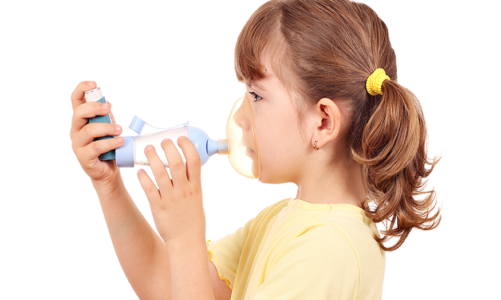Managing withdrawal from alcohol symptoms can be a challenging process, but with the right support and guidance, it is possible. In this article, we will provide tips for managing alcohol withdrawal symptoms and making the process more manageable.
Seek Medical Attention
Alcohol withdrawal can be a dangerous process, especially for heavy drinkers. Seeking medical attention is crucial to ensure that any severe symptoms are treated promptly. A doctor can provide medication to manage symptoms such as anxiety, tremors, and seizures, and can also monitor vital signs and provide support throughout the process.
Stay Hydrated
Drinking plenty of water and fluids can help alleviate dehydration and prevent electrolyte imbalances. Alcohol withdrawal can cause excessive sweating and vomiting, leading to dehydration. Drinking fluids can help keep the body hydrated and reduce the risk of complications.
Eat Nutritious Foods
Eating a balanced and nutritious diet can help replenish lost nutrients and help the body heal. Consuming nutrient-dense foods such as fruits, vegetables, lean proteins, and whole grains can help boost energy levels, promote healing, and reduce the risk of complications.
Avoid Triggers
Avoiding triggers such as people, places, or situations that may trigger cravings or temptations to drink can help manage alcohol withdrawal symptoms. Triggers can include social events, stressful situations, or even certain foods or drinks. It is essential to identify and avoid triggers to reduce the risk of relapse during the withdrawal process.
Stay Active
Staying active and engaging in physical activity can help manage symptoms of alcohol withdrawal. Exercise releases endorphins, which can improve mood and reduce stress and anxiety. It can also help improve sleep quality, reduce cravings, and promote overall wellness.
Join a Support Group
Joining a support group or seeking professional counseling can provide valuable support and guidance during the alcohol withdrawal process. Support groups provide a safe and non-judgmental environment for individuals to share their experiences and receive support from others who are going through similar experiences.
Conclusion
Alcohol withdrawal can be a challenging and uncomfortable process, but with the right support and guidance, it is possible to manage symptoms effectively. Seeking medical attention, staying hydrated, eating nutritious foods, practicing relaxation techniques, avoiding triggers, staying active, and joining a support group are all effective strategies for managing alcohol withdrawal symptoms. Remember, alcohol addiction is a treatable condition, and recovery is possible with the right support and resources.



